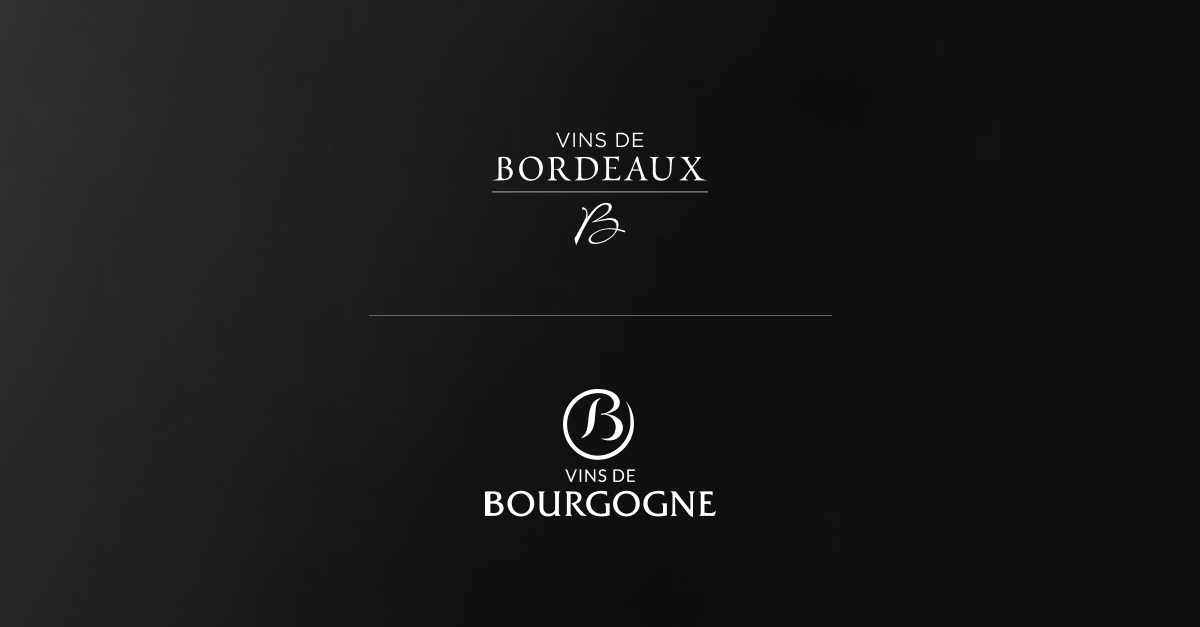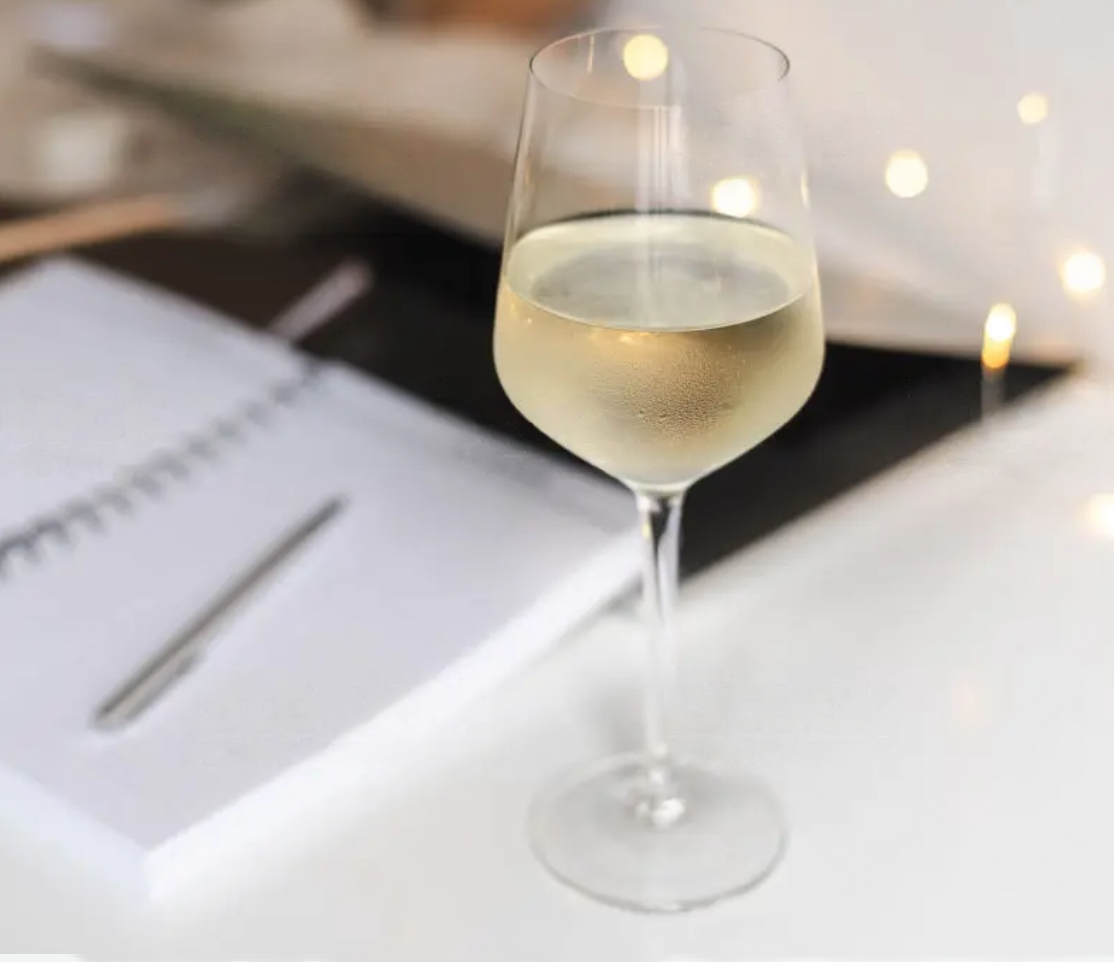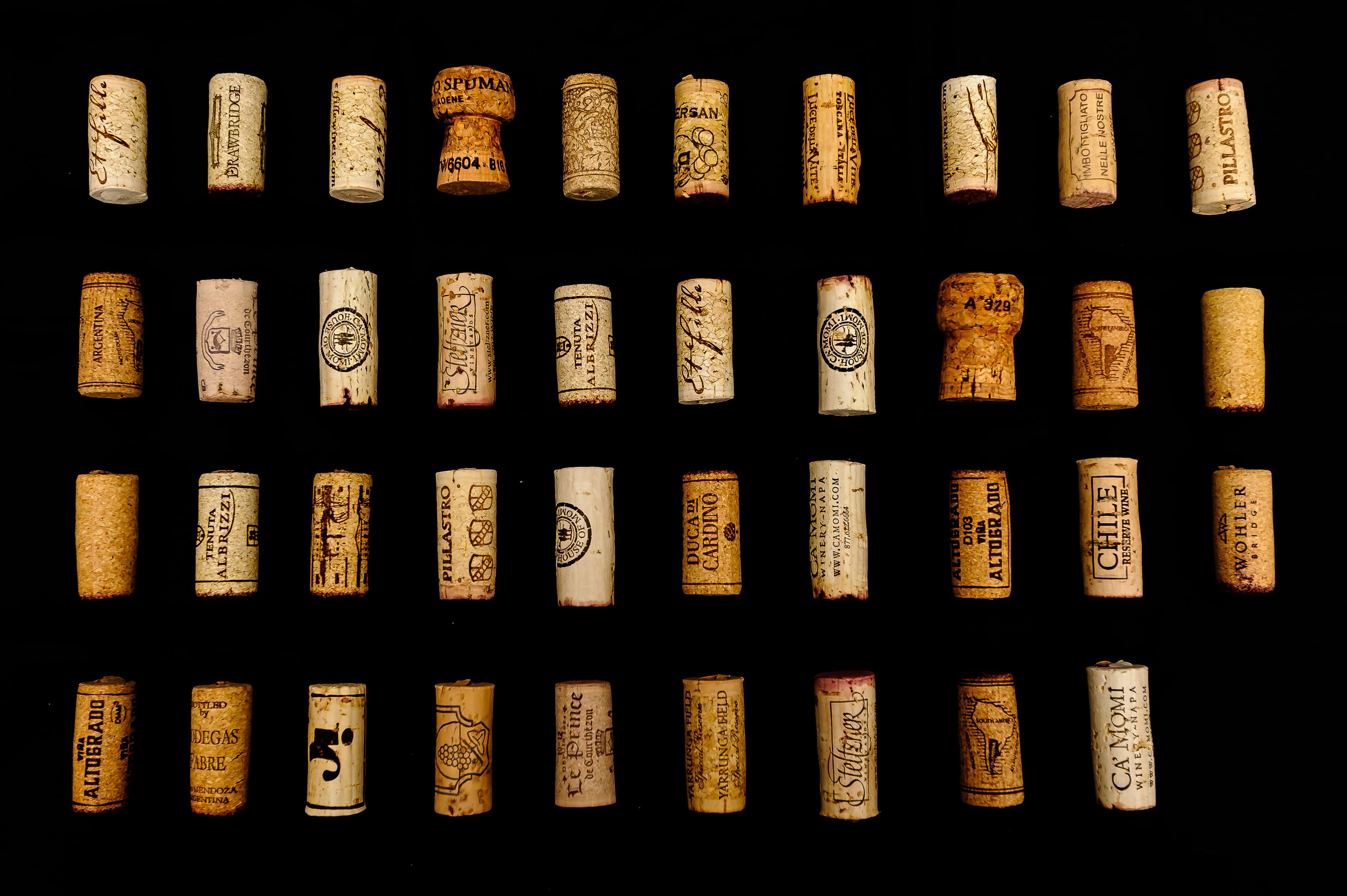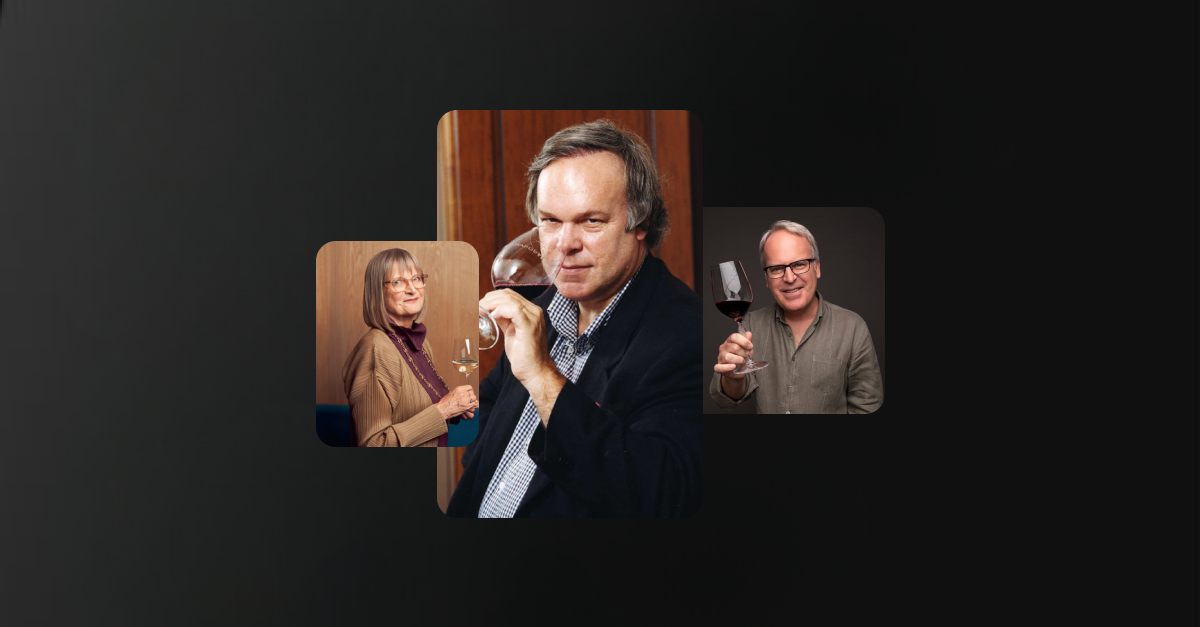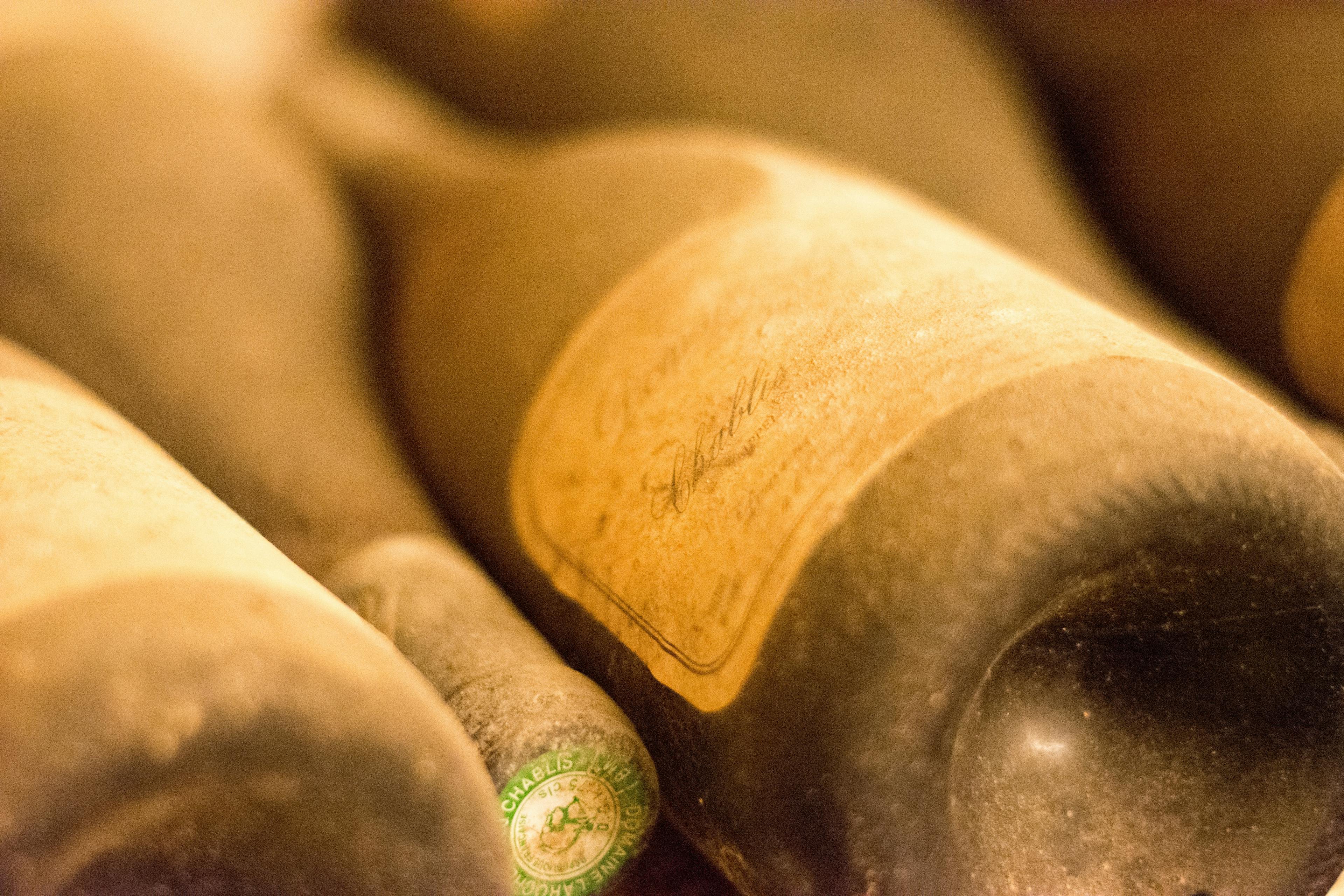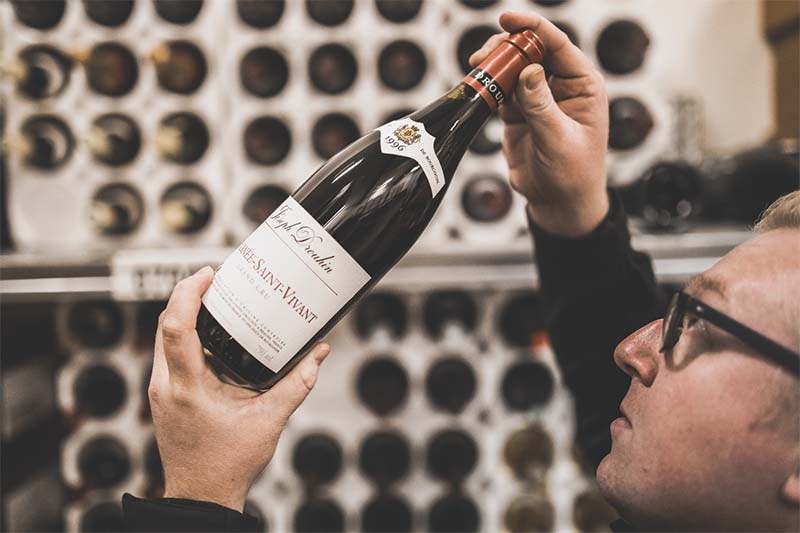Wine Brokers: How They Can Help You Invest In Wine
15 min read
Head of Content
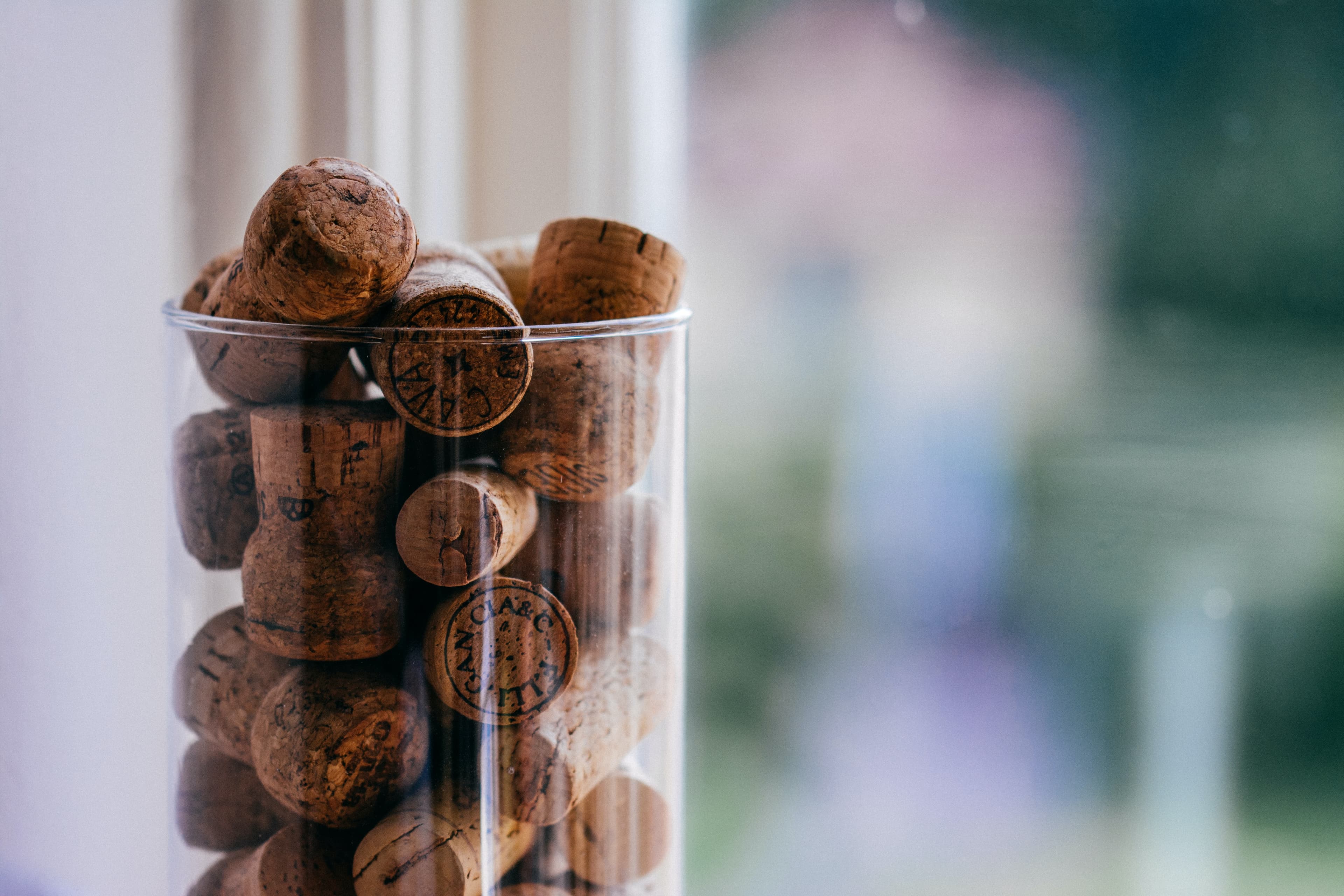
In the sophisticated world of fine wine, where value is tied to rarity, age, provenance, and ultimately, taste, making smart investments can be as complex as the wine itself. But did you know that there are professionals who can assist you in this venture? Yes, we are talking about wine brokers. These highly knowledgeable individuals prove to be an indispensable asset for anyone looking to explore the potentially lucrative but often intricate arena of wine investment.
Who is a Wine Broker?
Imagine a mediator, a specialist, who traverses the intricate world of wine on your behalf, adept at identifying producers, evaluating quality and potential value of vintages. This professional, my dear reader, is what one would call a wine broker. As experts in the oenological domain, wine brokers not just possess an impressive knowledge about different kinds of wines and their producers, but also maintain an intricate network of relationships with wine retailers, distributors, and occasionally, the vineyards themselves.
In essence, does not the role of a wine broker so discreetly yet essentially carry a semblance to that of a real estate agent? Indeed, it does. Much like a real estate agent who comprehensively surveys the market for properties that align with your priorities and financial capacity, a wine broker meticulously sifts through a world flooded with diverse kinds of wines, identifies ones that cater to your preferences, aligns with your investment budget, and potentially promises profitable returns. Naturally, this assumes paramount importance if one wishes to navigate through the labyrinthine world of wines, nay, invest, without getting ensnared in a tangle of poor choices and bad investments.
However, it should be remembered that while wine brokers can indeed prove to be precious allies in your journey of wine investment, their scope of operation differs, dictated by their industry relationships and areas of specialization. Therefore, it is not particularly uncommon for wine brokers to have a specific focus, such as European wines or exotic New World vintages, thereby making it all the more crucial to choose a broker who aligns with your wine interests and investment aspirations.
In conclusion, a wine broker, wielding their deep knowledge of wines and comprehensive market insights, emerges as a valuable asset for anyone daring to venture into the promising yet complex matrix of wine investment. Their role, although not always apparent, plays a direct part in ensuring that wine enthusiasts and investors alike make considered, knowledgeable choices, thereby turning the tide in their favor in a market known for its volatility and unique trends. Can there be a better guide? One wonders.
How do Wine Brokers Work?
In the fascinating, sometimes intimidating world of wine, a wine broker serves as your dedicated navigator. A familiar figure in the realms of luxury, business, and pleasure, a wine broker is quite akin to an art broker or a real estate broker. These individuals possess a deep understanding of the wine industry, fortified by years of experience, robust networks, and an unquenchable thirst for the nuanced, ever-evolving narratives of wines from around the globe. So, precisely who are they, and how can they aid you in treading the intricate pathways of wine investment?
“Wine brokers provide the necessary guidance to investors. Their profound knowledge of wine trends, market analysis, industry contacts, and, most importantly, the tales spun around each vintage, breeds an uncanny skill to spot the 'right' wine at the 'right' time.”
Investing in wine, particularly in fine wine, is not a venture to be undertaken lightly. The complexity of this industry requires an erudite guide who can help you halt at the right vineyards, connect with the right sellers, and front the right auctions. One may pose here the question, "What types of wine brokers exist, and which one would suit me best?" Discerning this involves both understanding how different wine brokers serve investors and analyzing your own investment goals and preferences.
Choosing a wine broker may seem daunting, given the diverse choices and considerations. The broker's knowledge, network, and negotiation skills, alongside their ability to impart genuine, relevant advice, are all pivotal to making your wine investment a sweet success. Those pondering, "Is a wine broker indeed indispensable to my wine investment journey?" may find themselves scrutinizing the unique value proposition that these experts bring to the elegant, viticultural table.
As we delve into the world of wine brokers, we'll explore various dimensions such as types of wine brokers, their modus operandi, their vital role in your wine investment journey, and the key attributes you should scout for when partnering with a wine broker. Join us as we uncork the bottle of knowledge, allowing the robust, flavorful, and enlightening notes of the wine investment domain to immerse us completely.
Types of Wine Brokers
While making strides into the complex world of wine investing, one could meet various brokers whom each, as it happens, specializes in different facets of this sophisticated industry. It is, thus, crucial to gain a comprehensive understanding of the types of wine brokers before contemplating any long-term investment.
Boutique Wine Brokers
Boutique wine brokers, essentially, are the ones focusing on sourcing and offering rare, and often, very old wines. With their dedicated relationships with various small-scale winemakers and collectors who hold these exotic treasures, these brokers maintain a unique catalog that draws the worth of any serious investor.
Wholesale Wine Brokers
On the flip side, we find wholesale wine brokers. Their main role is predominately concerned with buying wines in massive quantities directly from wineries or vineyards and then selling them to retailers or restaurant chains. While their portfolio may not be as eclectic as that of a boutique broker, there's a high likelihood that investors could strike some considerable bulk-deals through them.
Online Wine Brokers
With the digital turn the world has taken, online wine brokers have etched their beneficial presence in the wine market. These brokers operate entirely through websites or mobile applications, providing users with the ease of investing from the comfort of their homes. Moreover, they have a wide range of fine wines to offer, thereby pooling in investors from all around the globe.
Wine Investment Brokers
Wine investment brokers take a sort of holistic approach, providing clients with end-to-end services that range from buying to storing and eventually selling the wine. These brokers deal exclusively with expertly vetted wines deemed to afford a great return on investment over time. Thus, the investor can entrust them with the entire process while they sit back and watch the value of their investments grow.
By and large, understanding the types of wine brokers and their specific areas of specialization can go a long way in leveraging your investment in wines. It's about knowing which one fits best with your investment strategy and risk appetite, isn't it?
Why Should You Hire a Wine Broker?
Engaging the services of a wine broker becomes a critical and strategic decision, one that is based on trust, expert knowledge, and understanding of the marketplace. The benefits attached to this decision are manifold.
Expertise in Validating a Wine’s Authenticity
One of the fundamental reasons individuals should consider hiring a wine broker lies in their expertise in validating a wine's authenticity. A significant concern in the wine investment market revolves around the problem of counterfeit wines. Alas, not every bottle that claims to be a rare vintage from a distinguished estate genuinely is so. Is it not daunting to question, "Did you invest thousands of dollars in a fraudulent bottle?"
In such a murky scenario, a wine broker, with expert knowledge about wine, acts as an indispensable guide. They are skilled at scrutinizing minute details, such as the label, cork, capsule, bottle shape, the wine's color, queuing indicators to ascertain a wine's authenticity. They can distinguish between genuine and fake bottles, even within the rare vintage category, where counterfeits are most common.
Additionally, a well-connected broker often has access to provenance records and other historical data, further helping authenticate a bottle. The provenance of a wine refers to its origin and lineage, denoting the wine's journey from vineyard to bottle, ensuring that the wine has been properly stored and handled, thereby guarding against fraudulence.
Furthermore, wine brokers typically use secure sourcing channels and trusted suppliers, adding another layer of security against counterfeit or misrepresented wines. Therefore, the expertise of a wine broker plays a pivotal role in safeguarding your investment, a factor one cannot simply disregard.
Deciding Where to Buy From
One key role a wine broker plays concerns the strategic sourcing of wine. The global wine market can be a difficult landscape to navigate for the uninitiated, particularly when it comes to the question of where to buy from. With a seemingly infinite array of vineyards, regions, and sellers, pinpointing the ideal source to purchase from becomes a daunting task of its own. Buying wines from the wrong source can lead to paying exorbitant prices or even buying counterfeit bottles, making it significant to get this decision right.
In possessing a rare comprehensive knowledge of the market dynamics, wine brokers provide unparalleled guidance. They competitively source product globally, carefully considering factors like vintage, rarity, ratings, cost, and provenance. They have an acute understanding of which regional markets offer the best value for specific types of wines and which sellers offer the most favorable terms.
Moreover, wine brokers also bring to bear a network of trusted relationships formed over years of transactions, including vineyards, winery cellars, retailers, private collectors, and even auction houses. The valuable peace of mind an investor gains in knowing they're purchasing from a reliable source, thanks in large part to their broker’s network, cannot be overstated. Without such assurance, the risks of navigating this market independently could prove incredibly costly.
Thus, in employing a wine broker, investors gain the benefit of their expertise in selecting the right source or market, backed by a comprehensive understanding of the broad global wine trading network. In essence, it is this very strategic positioning, a result of their expert navigation of where to buy from, that places wine brokers at the heart of successful wine investment.
License
Before delving into the fascinating world of wine investment, it is imperative for the potential investor to ensure their chosen wine broker is licensed. But, one might wonder, why is this so essential?
A licensed wine broker, in simple terms, is one who operates under the regulations of a wider governing body. This is a crucial factor as these regulations are designed to protect both the broker and the consumer, thus ensuring a fair and equitable relationship between them. Furthermore, as in any industry, licensing requirements often lead to a higher professional standard and credibility. Therefore, not only does it create a safer investing environment, but it also signals expertise and legitimacy.
In the complex and exclusive world of wine investment, regulations and licenses are particularly significant. The wine industry is steeped in tradition, and many details, complexities, and nuances must be attended to by professionals. A licensed wine broker is, consequently, well versed in these intricate details and can thus provide expert advice accordingly. In other words, investing with a licensed broker means tapping into a treasure trove of expertise, and it pays to have them on your side.
Bear in mind, though, that the license of a wine broker does not represent an absolute protection against fraud or other potential pitfalls. It does, however, act as an indication that the broker has fulfilled certain industry requirements and professional standards. Therefore, it is still necessary as an investor to conduct due diligence when choosing the ultimate partner in your wine investment journey.
Storage
When it comes to the aspect of storage, the significance of a wine broker becomes even more pronounced. Wine is a highly sensitive product, isn't it? Subject to various factors such as temperature, humidity, and light, it must be stored carefully to ensure that its quality doesn't deteriorate. The uninitiated investor might find this task overwhelming or challenging, even. However, wine brokers, blessed as they are with extensive knowledge and years of experience in this field, comprehend these challenges and possess the requisite expertise to handle them.
Consequently, a wine broker can offer precious guidance on the optimal methods for wine storage. They can suggest the most suitable conditions for preserving different types of wines, the ideal bottles for storing them, and even suitable storage facilities. In instances where an investor is unfamiliar with the intricacies of wine storage, the broker might propose a storage facility where the wine can be preserved under expert supervision. These storage facilities are typically bonded warehouses, known to adhere to strict quality control standards. In using such facilities, not only as an investor do you assure the quality of your wine, but you also avoid any potential tax implications, until you decide to sell or consume the wine.
The added advantage? Working hand-in-hand with a wine broker enables an investor to access the comprehensive inventory management services that most brokers provide. Herein, the broker manages the documentation related to the wine collection, including keeping track of the purchase and sale dates, tracking prices, and offering useful insights for navigating the investment landscape. A comprehensive and accurate record of their investment portfolio aids investors in ensuring the projected sale of their wine at the opportune time. Certainly, a wine broker can be quite instrumental in different aspects of wine storage, would you not agree?
Taxes
In the intricate fabric of the wine investment industry, one cannot ignore the significant role of taxes. This is a critical factor one should consider as they deal with wine brokers. As the accuracy of tax obligations is paramount in any investment, understanding the taxation landscape becomes essential in the context of wine investment. It arises, therefore, in a very tangible manner, the question of who is responsible for paying the taxes? Is it the wine broker, or does it rest squarely on the shoulders of the investor?
The answer, much like the complexities inherent in tax legislation, is not always black and white. That being said, an experienced wine broker typically assumes the role of a guide, navigating their clients through the intricate labyrinth of tax laws relative to their designated regions. They assist individuals or entities with understanding the taxes applicable while trading in wines, such as Value Added Tax (VAT), sales tax, import duties, and excise duties. However, it's important to remember, ultimately, the responsibility of understanding and calculating these taxes lies with the person who is investing.
It's essential therefore, to remember that wine brokers while masters in their field of identifying and procuring fine wines, are not tax consultants. It is absolutely critical for the investor to seek the advice of a tax professional well-versed in investment taxes specifically related to commodities like wine. The wine broker should, however, be able to refer you to a taxation expert if necessary, demonstrating once again their importance as a valuable resource in your investment journey. A reputable wine broker's function is far more than the procurement of fine wines, it extends to the provision of crucial information that affects their clients' overall investment strategy.
While these tax commitments can sometimes be seen as a burden, it's important to frame them as they truly are: a vital part of legal and successful investing, marking the serious intent of an investor. It is the signature of a determined player ready to take full advantage of what the world of wine investment has to offer, under the astute guidance of a competent wine broker.
Things You Should Look for in a Wine Broker
It goes without saying, yet it is critical to underscore the point, that a proficient broker must have experiential knowledge in all the nuanced facets of wine investing, such as the ability to discern investment-grade wines and the acumen to perceive the opportune times for purchase and sale.
In an accentuated attempt to bolster this notion, one might ask, "What further characteristics should one prioritize in their search for an ideal broker?"
Legitimacy and Global Shipping Proficiency: It stands to reason that the broker chosen should hold all necessary licenses, and what's equally compelling is the possession of an established foreground in proficiently shipping wines across an extensive global network.
Optimal Facility Maintenance: Indeed, one must not underestimate the value of appropriate storage. Any semblance of sub-par conditions could drastically undermine the value of your investment. Hence, brokers should form alliances with dependable storage providers, such as bonded warehouses.
Pervasive Connections: Effectiveness in the wine brokerage business calls for a robust network woven into the very fabric of the global wine supply chain. This could potentially span from wine estates nestled in the idyllic landscapes of Bordeaux, to bustling distributors and retailers in the UK, renowned auction houses in San Francisco, and other brokers positioned all around the globe.
Expansive Clientele: Evidence of a comprehensive, content global clientele base serves as an unequivocal testament to a broker’s credibility and esteemed reputation.
Provenance and Authenticity Verification Expertise: A commendable broker should possess both the knowledge to validate the authenticity of wines and the skill to trace their origins. This ability to distinguish between counterfeit labels or subpar, blended wines and those truly worthy of investment is absolutely crucial.
Your safest bet is to hire an expert wine collection company like Rekolt that can offer you a lucrative and safe way to collect fine wine.
Let’s take a look at how that works.
Investing in Fine Wine Bottles with Rekolt
Rekolt is a platform that lets you collect sought-after wines that historically outperform the market.
How to Invest with Rekolt
You need to follow a simple three-step process:
Purchase a wine on the marketplace
Track your portfolio real-time.
Why Should You Use Rekolt?
Rekolt makes it easy to buy and manage wines. We research, authenticate, buy, store, and insure the wine for you.
Authenticity
Rekolt traces the provenance and checks the authenticity of each wine bottle.
Best Prices
We source wines directly from wineries, global wine exchanges, and merchants at the best possible wholesale prices.
Optimal Storage
The wine cases are stored in optimal conditions of humidity, temperature, air quality, light, and vibration with experienced storage providers.
Full Insurance
Our policy covers any breakage or accidental leakage that may occur, ensuring that our customers' investments remain safe and secure. In the event of any damage or loss, you’ll be immediately notified and refunded to your account.
Conclusion
A good wine broker can help you seamlessly invest in the finest bottles in the wine world.
While there are tons of wine brokers out there, none of them offer you the convenience, flexibility and safety that Rekolt offers you.
Rekolt is clearly your best bet to select and handle your portfolio of wines.
Share this article
